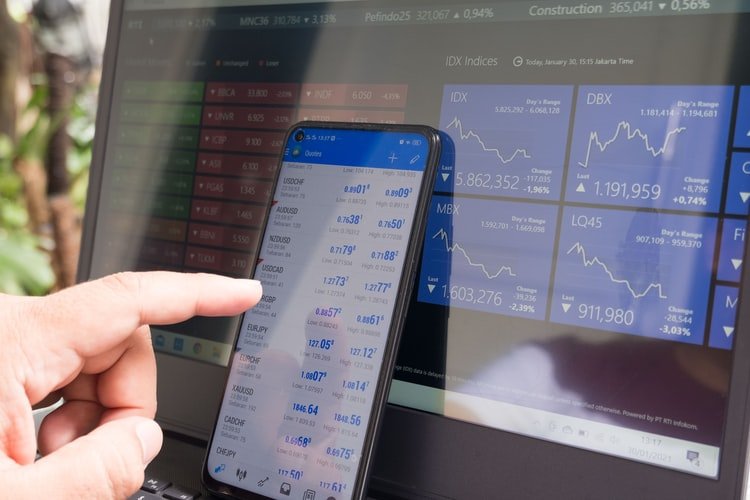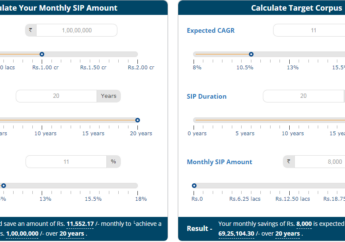The Complexities of High-Risk CFD Investments
by Abdul Aziz Mondal Investing Published on: 06 August 2021 Last Updated on: 30 December 2024

Trading CFDs or Contracts for Difference is a derivative trading practice where traders are allowed to speculate on Forex, shares, commodities, indices, and other financial markets even if they do not own commodities. Traders can go long or buy if they believe the prices will rise and go short or sell if they think the prices will slide down. In the UK, CFDs are tax-efficient, which is why they are quite common and popular.
However, as trading CFDs is similar to gambling, they can be complex and risky as well. Oftentimes, consumers end up losing more than they invested. This is why the Financial Conduct Authority (FCA) highly discourages CFD firms from entertaining inexperienced investors who do not have enough risk capital and may not completely understand the complexities of CFD.
CFDs are also commonly used in online trading platforms that supposedly offer share dealing for free and entice their users; particularly those who are new to stock market matters, to invest in complex and risky financial products. These websites allegedly encourage inexperienced traders and investors to use CFDs for betting on assets and shares.
Situations such as the ones described above almost always lead to mis-sold CFD investments.
The FCA’s concerns
Back in 2018, the Financial Conduct Authority reached out to several firms that provided and distributed CFDs to new investors. In a letter to the CEOs, they specifically emphasized the firms’ unsatisfactory practices in marketing and promoting speculative, risky products to unsuspecting consumers. A total of around 34 businesses were examined.
The major concerns raised by the FCA included broad target market definitions; lack of communication; inability to determine, manage, and reduce probable conflicts that might affect the best interest of consumers; poor consumer categorization processes; and questionable remuneration system.
At present, platforms offering CFD trading are required to post a warning on their website indicating the risks of using contracts for difference and the possibility of losing money when trading these.
Why are CFDs dangerous?

When users trade CFDs, what they are doing is betting on how an asset’s value will fare (rise or fall). As such, it is similar to gambling—and this is what makes it dangerous.
For example, most users who buy a CFD in HSBC believe that its value will increase. If they are right, they will get their expected returns. However, if HSBC’s value falls, they will lose all the money they used on the CFD. What makes this transaction riskier is the fact that they do not own any HSBC shares.
The principle of CFD trading is something that a gambler does: the higher bet, the bigger the reward. The only downside is that no matter how high the bet is if the user’s prediction is wrong, they lose all their money. They won’t be able to recover it either because they do not own shares of the firm. Many private investors fall prey to CFD mis-spelling.
The best and safest way to avoid mis-sold CFD trading is to buy a firm’s shares outright.
Platforms that offer CFDs
Some of the football clubs in the Premier League are supported by official sponsors offering CFDs. In fact, OpenMoney research revealed that some of these clubs have partnered with CFD brokers like eToro, GO Markets, and FXVC. On their websites, GO Markets and FXVC indicate that many of their investors lose money in CFDs (44% for Go Markets and 88% for FXVC).
Meanwhile, eToro says its CFD trading is restricted to customers who pass their appropriateness test, but even this is being questioned. Apparently, eToro allows its users to replicate other investors’ portfolios. So, even if users do not pass the test, they can still buy CFD because they copied the portfolio of a CFD investor.
eToro is one of the most popular new-style trading platforms. Last year, it gathered approximately 500,000 new users across all age groups. This site offers free trading and allows customers to buy shares infractions, which is convenient and enticing for inexperienced, unsophisticated investors.
eToro offers complex investments but does not provide options for buying investment trusts and funds, or anything that can provide long-term wealth.
Another platform that is just as popular as eToro is Trading 212. This website indirectly suggests their fees are similar to that of their traditional trading rivals. This is far from the truth, however, as representatives from traditional wealth websites Freetrade and Interactive Investor made it clear that they do not offer CFDs. Platforms that have CFDs typically entice users with free share trading and then offer risky financial products.
Ultimately, the goal is to ensure that new-style trading platforms are able to clarify what they are offering to their investors: a gambling site or a wealth platform.
What to do if you’ve been mis-sold CFDs
If you believe you need to file a mis-sold CFD investment claim, get in touch with a panel of solicitors who are experienced in mis-sold CFDs. The solicitors at https://www.claimexperts.co.uk/investment-schemes/missold-cfd-investments/ know what to do to help you get back what you lost.
Read Also:





































































































